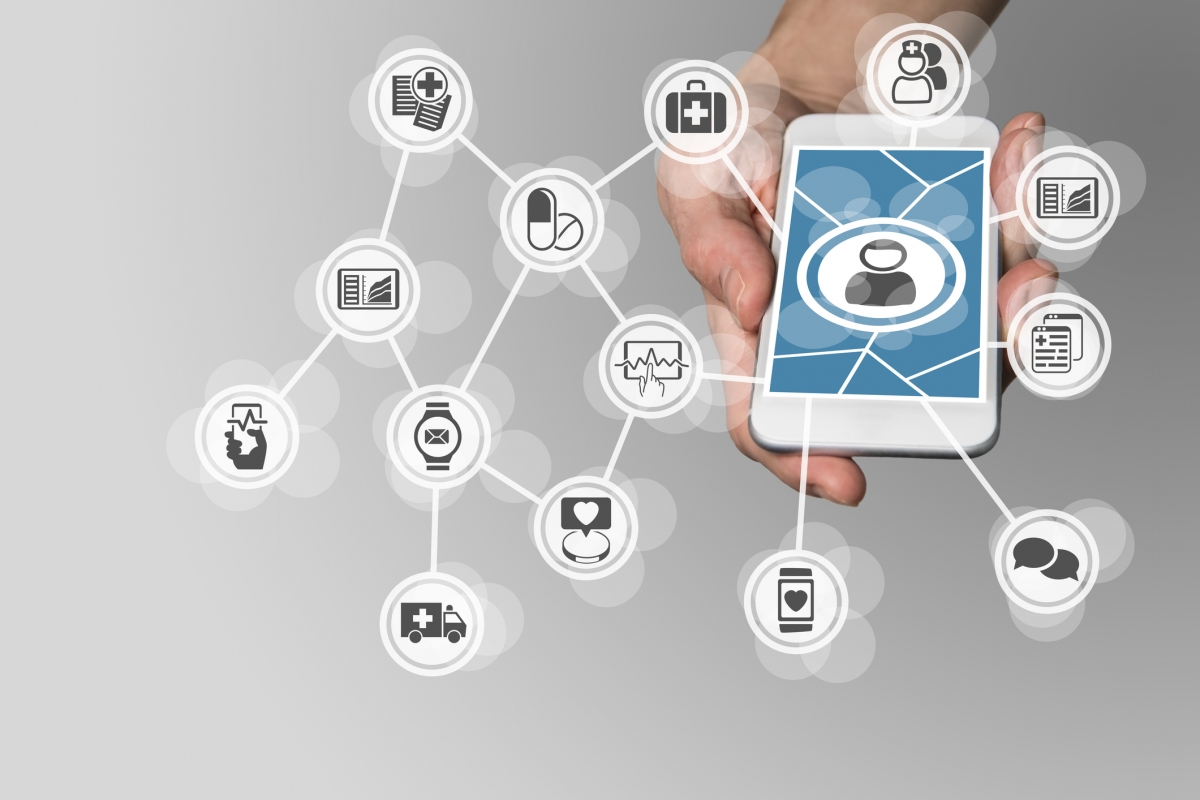
Master’s in Nutrition Science: “Prevention is better than cure” aka course in eHealth, mHealth & interventions (Part 4)
Even the ancient Roman doctors believed, that is is easier to stop something bad from happening to a human being rather than trying to “fix” the consequences of the arising problem later on. This is the concept that we, master students in Nutrition Science Programme at KI, had to think about quite a lot in this course, too.
… After a whole month of silence (blended together with finishing project work, presentations, and a new job) #yoursincerely Nutrition_Blogger Dash is back and BAMM! Here comes the last course review of the Master’s Programme in Nutrition Science! Can’t help but leave the hashtag #oneyearmastersbelike here xD
Okay, straight to the point now. Why eHealth and mHealth and what value do they add to research in nutrition in general, and intervention studies – in particular?
According to WHO, mHealth can be described as the “use of mobile and wireless technologies to support the achievement of health objectives (mHealth)It has
the potential to transform the face of health service delivery across the globe through a powerful combination of factors that are driving this change: rapid advances in mobile technologies and applications, a rise in new opportunities for the integration of mobile health into existing eHealth services, and the continued growth in coverage of mobile cellular networks.”

Obtained from: https://www.iheusa.org/mhealth
If You are interested in learning more about what types of different health apps are there available for you – feel welcome to read my KI Digital Ambassador fellow’s blogpost on the topic, but I would like to cover some other aspects of the broad field of e-Health & m-Health and what did we learn about these during the course.
According to the International Telecommunication Union (ITU), there are now over 5 billion wireless subscribers; over 70% of them reside in low- and middle-income countries. The GSM Association reports commercial wireless signals cover over 85% of the world’s population, extending far beyond the reach of the electrical grid.

Photo by rawpixel.com on Pexels.com
That sounds fascinating and promising, doesn’t it? Imagine the number of digital healthcare services that could be delivered to people living in remote & “harder-to-reach” regions of the globe. Apart from removing physical barriers with regards to access to healthcare facilities and/or medical information, the use of eHealth and mHealth interventions can also aid with reducing the healthcare costs associated with managing the growing number of people with various chronic conditions (or a combination of them). How? By enabling digital health solutions like telemedicine and telemonitoring. Thus, by using digital health applications and eHealth tools doctors, nutritionists and other healthcare professionals can promote healthy lifestyles (like healthy diets, physical activity and such) in order to avoid or postpone the onset of noncommunicable diseases.
Moreover, digital data and eHealth services can make it easier to monitor the progress & track the changes in various health “indicators” (like blood lipids and other biomarkers, body weight, blood pressure etc.)

Photo by rawpixel.com on Pexels.com
This is exactly what we had to do in our eHealth and mHealth course: design our own intervention & present it to the core team of the mHealth facility at KI. We were free to choose the direction (diet or physical activity intervention), delivery method (health games / physical activity trackers / health promotion applications etc.), age group (children, athletes, elderly, healthy people or patients) and had a lot of freedom in designing our intervention’ study protocol (keeping it realistic though). After the main project presentations, we had to write a paper discussing the strengths and limitation of our “dream” study, potential sources of funding and so on.

Happy face after finally presentin’ our dietary intervention after 3 weeks of working on it!
Completing this group project was the main “task” of the last course of our Nutrition Science Programme, but it also entailed some other interesting lectures and seminars on the topics like behavioural change, motivational interviewing, research ethics, writing successful grant applications and more.
All in all, I found this course interesting and relevant for a future nutrition scientist. We need to understand the emerging role of technology and its potential to transform and complement the existing healthcare services. It is 21st “digital” century, after all!
Our official course description says something like the following:
“This course aims to give the student a deeper understanding and knowledge in intervention studies in the field of nutrition and physical activity, especially interventions delivered through the internet (e-Health) or mobile phone technology (m-Health).”
I believe we have achieved the intended outcomes! #e-SuccesS
Next on the agenda: video-interviews with other master students in Nutrition Science Programme & some insights into different degree projects we have chosen! Stay tuned 😉
Questions? Feel free to reach out to me: dasa.svaikovskaja@stud.ki.se
-
Thank you so much for your story. This is a little bit of my story. I’m excited to discover this web site. I wanted to thank you for your time due to this fantastic read!
Regards,
Nutrition health services in birmingham

1 comments